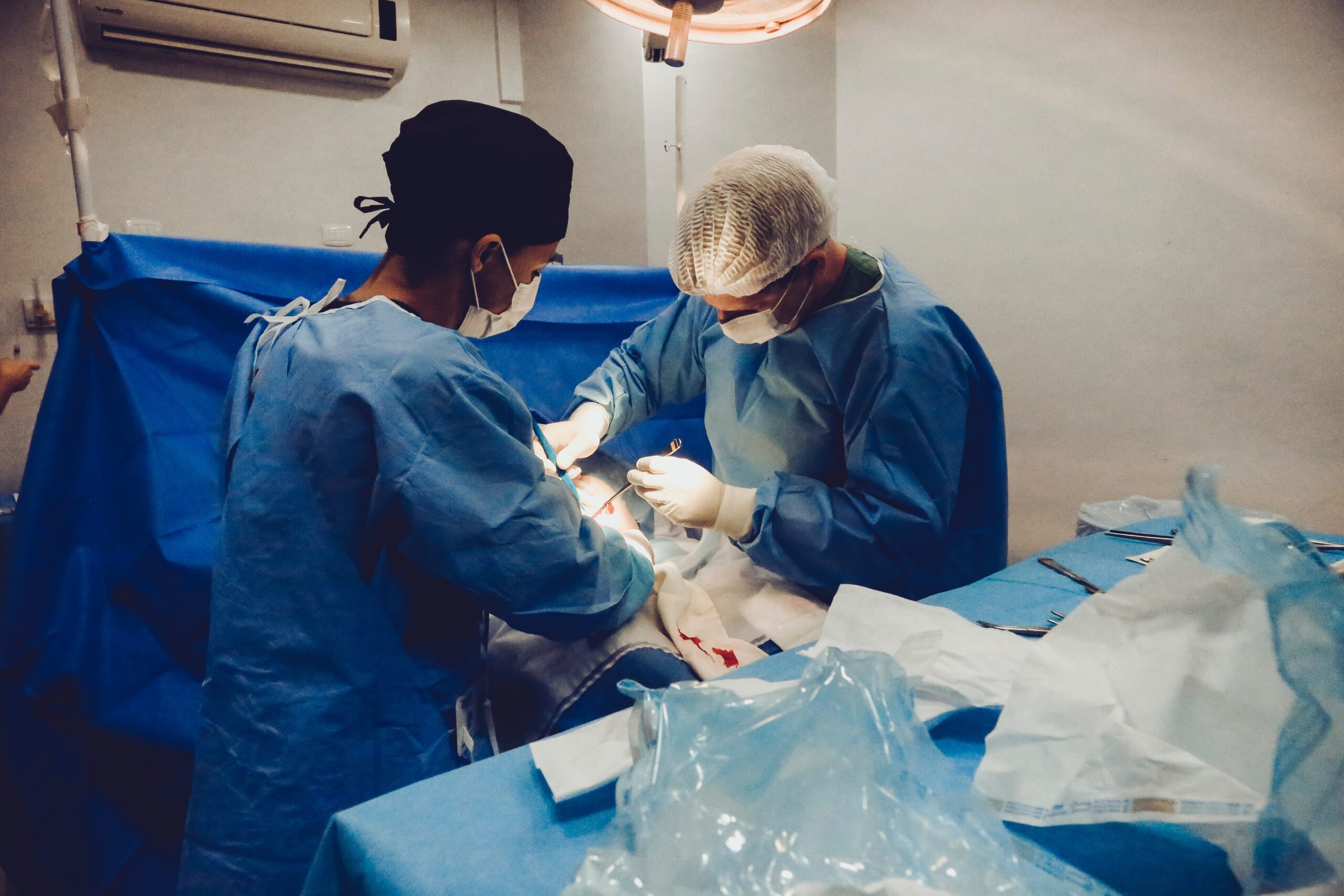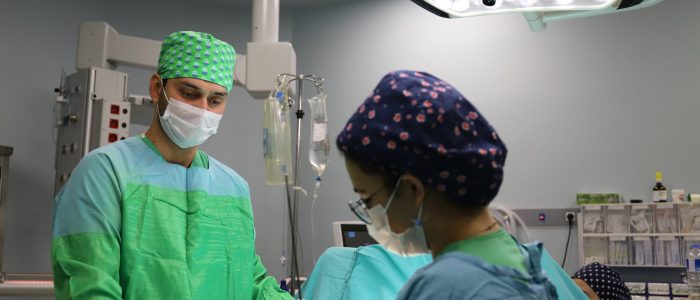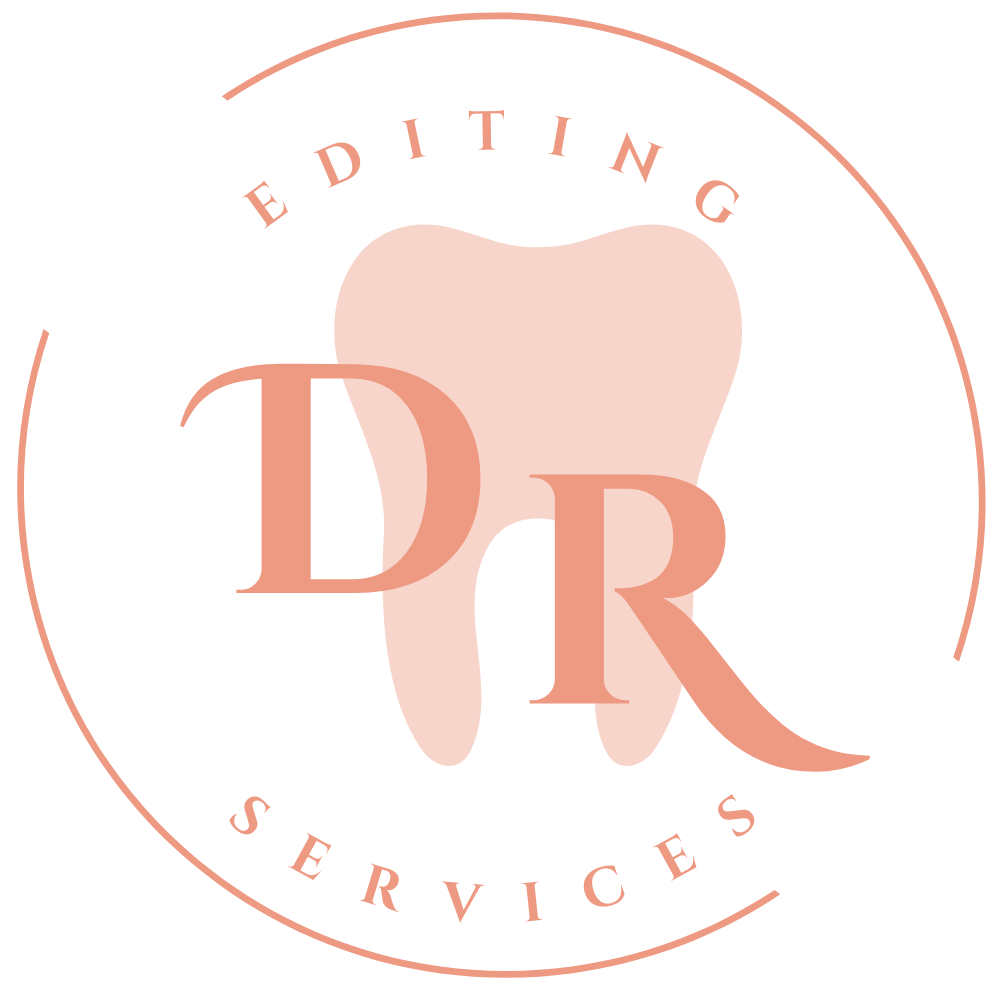
The Personal Statement for the Physician Associate Programme
Becoming a physician associate (PA) can lead to a fulfilling career aligning with your personal and professional goals. PAs learn about human anatomy, physiology, pharmacology, pathology, and other basic sciences. In addition, they must complete two years of clinical training before being licensed to practice.
If you are passionate about caring for patients and have the required communication, leadership, empathy, and determination, this career will be perfect for you.
If you are interested in pursuing a career as a physician associate, you need to gain work experience or shadowing.
This will be useful to write about and will help you understand their roles as collaborators, empathetic clinicians, and problem-solvers in healthcare.
You can also supplement your experiences by volunteering to gain experience caring for patients in various healthcare settings.
What to add in a Personal Statement - Physician Associate
The personal statement for a physician associate applicant can MAKE or BREAK your application.
They provide admission committees with information on your professional experiences and characteristics to help them determine whether you will be an asset to their program.
Personal Statement Physician Associate UK Format
If you’re applying through UCAS, then you’re limited to 4000 characters (including spaces) and up to 47 lines. Check your length by pasting your draft here
Personal Statement Physician Assistant U.S. Format
Those applying to Physician Assistant Studies in the U.S. will apply through CASPA (Central Application Service for Physician Assistants). The personal statement will be uploaded to CASPA and should be no more than 5000 characters.
Table of Contents
What to include!
Strengths
A well-crafted personal statement for a physician associate course should show your strengths as an applicant. You must include details about your academic background, employment, volunteering, extracurriculars, and future goals.
If you’ve taken courses related to healthcare, you should include these too.
A personal statement begins with an introductory paragraph introducing the admission team to you and explaining your motivations, a bit about your background, and how your experiences have led you to this application.
The introduction also provides context for the rest of the statement by explaining how you chose PA school as a career path.

What makes you unique?
In addition to providing context for your application, the introductory paragraph should explain why you chose to become a PA.
You should demonstrate your interest in helping others through patient experiences, research, and wider reading while emphasising your desire to help patients in need.
The best way to stand out is to be very specific with your statement.
Think about it, if someone else can copy your personal statement and use it as their own, it’s far too generic.
To overcome this and make it more authentic, you want to be specific with your experiences.
Make it personal by using anecdotes from your experiences to explain your point.
To explain your journey, pick your most unique and influential work experiences, employment, and extracurriculars.

How to structure the Personal Statement for the PA course
Step-by-step
I am going to break it down as simply as possible with a short description and example of each:
Introduction
Always remember that the admission tutors will skim through hundreds of application essays. It’s a competitive course, so how can you get them to slow down and really pay attention?
THIS IS HOW:
Grab their interest immediately, evoke their emotions and make them feel what you felt. Go straight to the point by starting with an anecdote or explaining the highlights of your experience.
“What if I’m starting with a negative experience, for example, a close family member receiving a cancer diagnosis?”
Same situation- get straight to the point
“My mother came home, and her expression was enough to determine the outcome of her scan. “It’s cancer,” she mumbled as she slumped herself on the sofa, looking lifeless, and I felt a knot tighten in my stomach. At merely sixteen years of age, I found out my mother was diagnosed with metastatic cancer amid a pivotal academic stage of my life. I was helpless, heartbroken, and entirely unaware of the toll chemotherapy would have on our family.”
MY THOUGHTS ON THIS
This story evokes sympathy and curiosity. We know the applicant was young, which would have impacted their family, home life, and education. We now want to know how things pan out, and it’s clear this is their biggest motivation for applying to become a physician associate.

Body of the Personal Statement
This main chunk of the statement will include the essential ingredients to creating an outstanding personal statement.
Work experience/Shadowing
Discuss your experience in a healthcare environment—roles you had and what you observed. Note which skills are required in that role. Include any encounters that inspired you. If you don’t have work experience, talk about your employment or your undergraduate education – research, dissertation, clinical skills work.
Volunteering
Include your top two meaningful experiences. Alternatively, you can talk about tutoring, mentorship, leadership positions during your undergraduate, and involvement in societies. Relate these experiences to the skills you’ve gained. Reflect on each experience and relate it to your future goals.
Include any other extracurriculars, hobbies, or future goals – Work with a sports team, coaching, sports, cooking, listening to podcasts, wider reading, and content creation. This paragraph shouldn’t be too serious; it can show your human side and focus less on academia.

Conclusion
Summarise your experiences and how these have led you to your application. Tell them what you wish to bring to the university.
Do you hope to become a student rep, join their research team, continue existing research, create a society for likeminded PAs, contribute to a specific cause, etc…
Tell them EXACTLY how the physician associate course aligns with your personal and professional goals.
-What can they offer you that other programmes can’t?
-How will THEIR course structure and opportunities enable you to become a successful PA?
Personal Statement for Physician Associate Studies- Winning Example
“Mrs P eagerly asked if I would be coming to the residential home the following week. I was a weekly volunteer and would regularly catch up with her when I came to help. I reassured her I would be there weekly and offered to bring her favourite magazine during my next visit. During my time at the home, I came to learn about Mrs P’s time as a nurse in the 80s, and she was always keen to learn about my goal of becoming a physician associate (PA). Helping to provide for patients like Mrs P and many others confirmed my desire to serve patients in my community. Not only was it rewarding, but I expanded my knowledge of various physical conditions and the impact of ageing on one’s ability to care for themselves. This further drew me to becoming a physician associate, and I was eager to gain insight into the profession.”
Transition into your second paragraph, where you will talk about your most meaningful academic experience or shadowing. Highlight the roles of the PA, skills required, and how your experience has developed those skills. Show, don’t tell.
“Shadowing a physician associate at a primary care facility helped me to understand the skills required. I observed the variety that each patient brought. The most memorable aspect was the PA’s ability to determine the cause of their concerns, convey possible diagnoses, and calmly discuss the next steps of the investigation. His tone of voice suggested confidence, which I feel built the patient’s trust in his decision. I genuinely felt that he could effortlessly build a rapport and make a patient feel cared for by recognising how their issues were affecting their daily lives. This empathy was supplemented with superior teamwork, analytical skills, and organisation.”
So we know they shadowed in a primary care setting. Observed a PA in action and noted their rapport-building and other essential skills. What else did they learn, and how have they developed the specified skills?
“I aided the PA by relaying information between the staff and helping behind the reception desk. I gauged the pressure of meeting the demands of many patients and being unable to tend to their needs due to a lack of appointments. Nevertheless, I apologised and provided alternative options to help the patients. I learned to prepare for each day, write notes during consultations and organise the patient records during the afternoons to help the reception staff with any backlog. This experience enabled me to see the rewarding and challenging aspects of primary care. However, I was drawn to the dynamicity and variety.”
What makes you a better candidate than others? In other words, how can your experiences make you stand out?
“My work experience at my brother’s physical therapy clinic provided additional insight into another aspect of care. Rehabilitation brought patients with diverse conditions, from musculoskeletal issues and trauma to post-operative cases. I witnessed the practical side of care and the need for physicians to liaise with physiotherapists. From speaking to many patients, I learned that physical conditions took a mental toll on their lives. I recognised how simple activities that I would often overlook could become so complex for a patient. My brother would encourage preventive physiotherapy, which intrigued me. Prevention has become a running theme in my experiences, and I hope to use this knowledge to become a forward-thinking PA who can advise my patients on the best preventive measures, such as having balanced meals, regular exercise, and avoiding smoking and alcohol.”
You should include any relevant extracurricular, leadership, research, mentorship positions, or tutoring experience. If you have volunteered in non-healthcare areas such as a local animal shelter, soup kitchen, homeless shelter, or other organisation, then you can add them.
“Aside from my work experience, I often helped at homeless shelters in London and aided in providing nutritious meals to those on the streets. I delegated which team member would cook, prepare, and distribute food among the volunteers. As the most experienced volunteer, I was able to identify the task which best suited each member, which increased our efficiency, and we delivered the maximum number of meals – beating our record. Furthermore, I liaised with multiple organisations and the charity manager to plan how to expand our reach. This was a rewarding role, highlighting the medical issues that are more prevalent in the homeless communities. Many people I spoke to shared their fear of COVID-19 and blood-borne diseases. Being a volunteer enabled me to make a difference in their day. In the future, I wish to make a greater impact via preventive education, increased healthcare access, and offering medical care.”
Now, reiterate the primary motivation, summarise the essential experiences, and conclude with what you hope to bring to the programme.
“I have worked with many people in a range of healthcare and non-healthcare settings, which has taught me to connect with those of various backgrounds, sexual orientations, ages, and ethnicities. I truly feel these experiences have built my resilience and increased my awareness of prevalent issues in healthcare. I now wish to further supplement my knowledge and community work in a physician associate program dedicated to providing quality healthcare. An opportunity to meet these goals at your university would be invaluable to me.”
Overview
This personal statement for Physician Associate Studies led to interview invites from St. Georges University, the University of Reading and the University of Surrey.
**Disclaimer: Copying any part of this statement will lead to an immediate rejection due to plagiarism**
The writer of this statement was highly ambitious and wanted to gain acceptance that year despite nearing the application deadline.
We worked closely to create this personal statement from scratch. This involved us detailing each and every experience that could be mentioned—determining the most valuable experiences and working through each paragraph to create a coherent and engaging personal statement.
If you’re suffering from writer’s block or simply need a fresh pair of eyes to read your personal statement, please get in touch with Dr Radhika.
Sentence structure, flow, spelling, and grammar are equally important. Without flow and good transitional sentences, it becomes difficult to read, losing the admission tutor’s interest.
Therefore, I advise getting professional help with your personal statement. Invest in your future to increase your chances of getting into your dream physician associate course.



